A History of Prominent Black Male Physicians
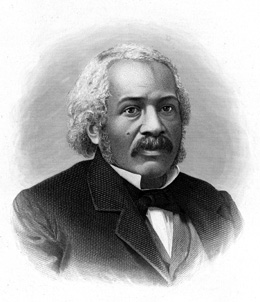
James McCune Smith, MD
(April 18, 1813 – November 17, 1865) was an American physician, apothecary, abolitionist, and author in New York City. He was the first African American to hold a medical degree and graduated at the top in his class at the University of Glasgow in Scotland. After his return to the United States, he became the first African American to run a pharmacy in that nation.
Dr. David Jones Peck, MD
David Jones Peck (1826–1855) was an American physician. He was the first African American to receive a Doctor of Medicine from an American medical school.
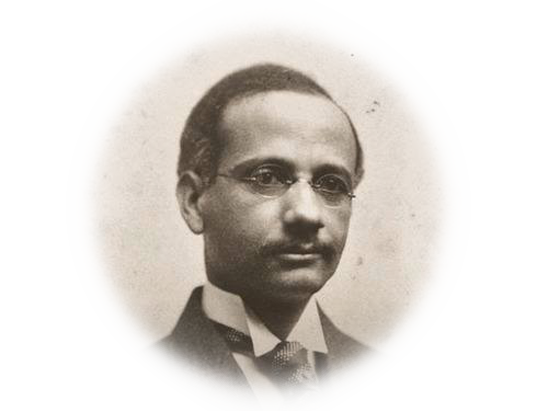
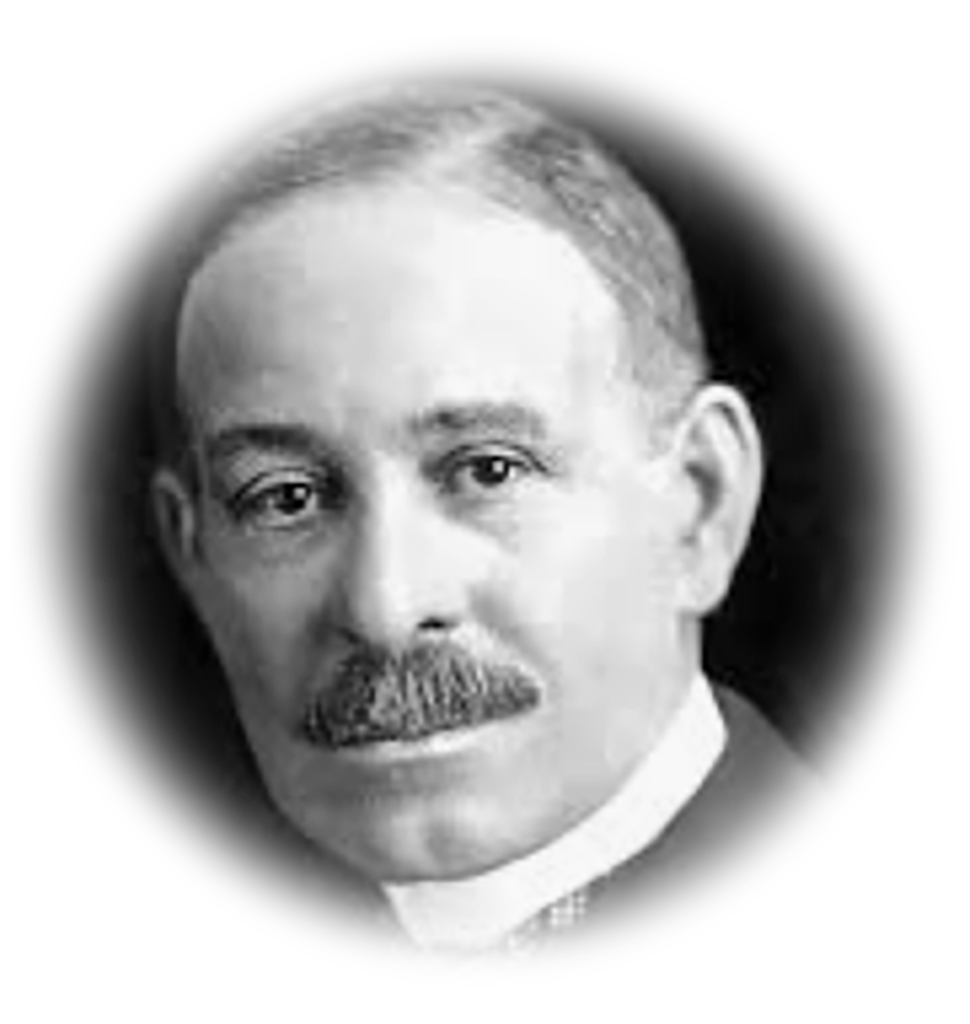
Daniel Hale Williams, MD
Daniel Hale Williams (January 18, 1856 – August 4, 1931) was an American general surgeon, who in 1893 performed the first documented, successful pericardium surgery in the United States to repair a wound. He founded Chicago’s Provident Hospital, the first non-segregated hospital in the United States and also founded an associated nursing school for African Americans.
The heart surgery at Provident, which his patient survived for the next twenty years, is referred to as the first successful heart surgery.
Louis Tompkins Wright, MD
Louis Tompkins Wright (July 23, 1891 – October 8, 1952) was an American surgeon and civil rights activist. In his position at Harlem Hospital he was the first African-American on the surgical staff of a non-segregated hospital in New York City. He was influential for his medical research as well as his efforts pushing for racial equality in medicine and involvement with the National Association for the Advancement of Colored People (NAACP), which he served as chairman for nearly two decades.
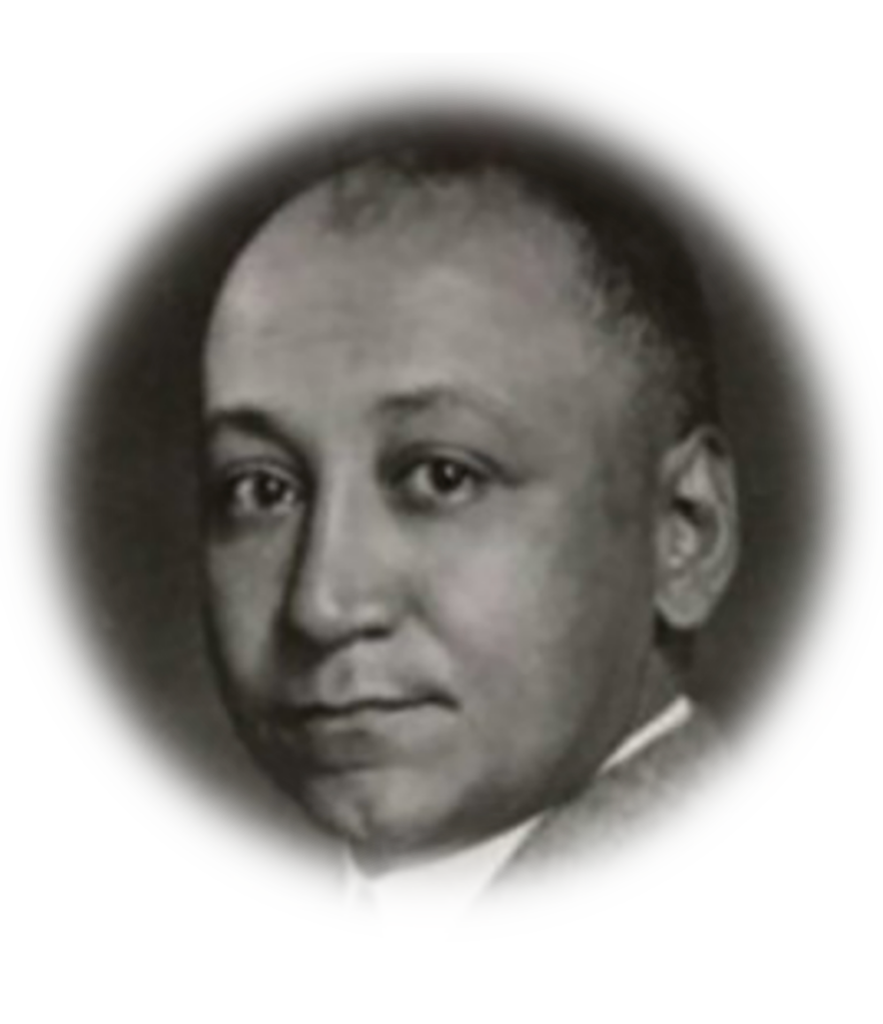
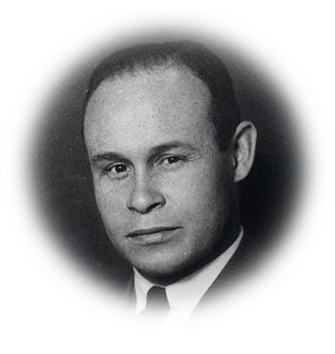
Charles Richard Drew, MD
Charles Richard Drew (June 3, 1904 – April 1, 1950) was an American surgeon and medical researcher. He researched in the field of blood transfusions, developing improved techniques for blood storage, and applied his expert knowledge to developing large-scale blood banks early in World War II. This allowed medics to save thousands of lives of the Allied forces. As the most prominent African American in the field, Drew protested against the practice of racial segregation in the donation of blood, as it lacked scientific foundation, and resigned his position with the American Red Cross, which maintained the policy until 1950.